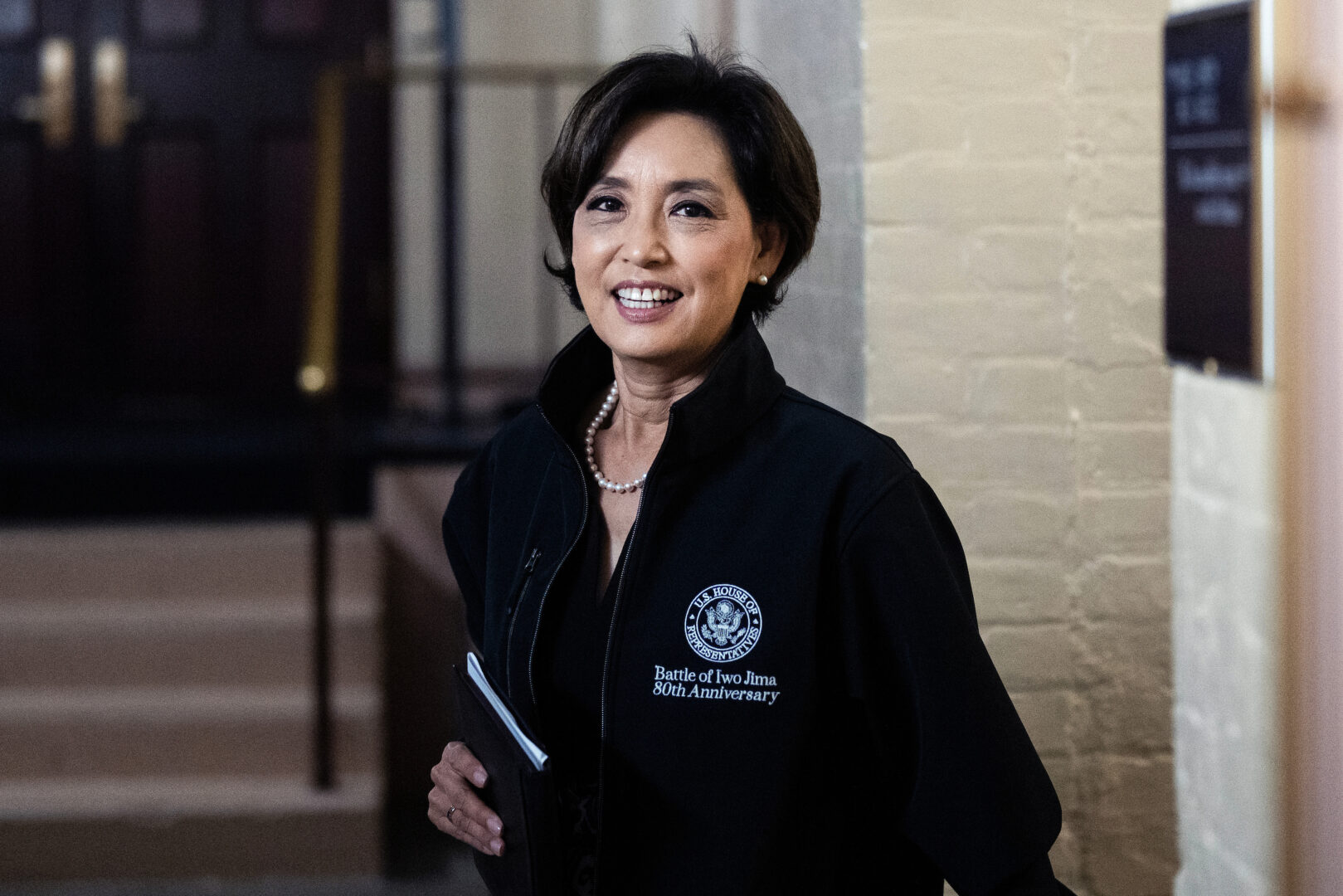Representative Young Kim, a distinctive voice within the Republican caucus, is ardently advocating for the crucial role of U.S. soft power and international aid, a stance that increasingly diverges from the prevailing sentiment within her party. This California Republican’s unwavering commitment to global engagement underscores a belief in diplomacy and humanitarian efforts as cornerstones of American influence abroad. Her unique perspective, rooted in her immigrant experience, positions her as a key proponent for policies that many of her colleagues seem to be reconsidering, sparking important conversations about the future of America’s role on the world stage.
An immigrant from South Korea and a former long-serving aide to retired House Foreign Affairs Chairman Ed Royce, Congresswoman Kim has cultivated a visible platform from her position as chair of the House Foreign Affairs East Asia and Pacific Subcommittee. This strategic role allows her to articulate her deep-seated convictions on international developments, particularly concerning humanitarian issues and the strategic deployment of American foreign aid. Her background provides a compelling foundation for her advocacy, enabling her to speak with authority on the tangible impacts of U.S. engagement.
In candid reflections, Young Kim expresses profound concern over the departure of seasoned experts from foreign service, lamenting the potential loss of decades of accumulated experience in critical areas such as human rights and refugee resettlement programs. She emphasizes the invaluable nature of the relationships these professionals have meticulously built over time, underscoring their irreplaceable role in fostering goodwill and facilitating crucial humanitarian initiatives on the ground. This sentiment highlights her dedication to continuity and expertise in diplomatic endeavors.
Prior to her election to the House, Kim dedicated two decades to working in former Congressman Royce’s Orange County district office, gaining firsthand insight into the intricacies of foreign policy and constituent needs. Her upbringing, born in Incheon and later moving to Guam and Hawaii before settling in California for college, shaped her deep appreciation for America’s global impact. Now in her third term, she maintains a steadfast focus on foreign policy within the Pacific region and East Asia, championing the State Department’s human rights programs that protect vulnerable populations, including Tibetans, Uyghurs, North Koreans, and Hong Kongers, while also supporting Taiwan against external pressures.
Navigating the complexities of the second Trump administration, Congresswoman Kim carefully balanced her responses to significant shifts in U.S. foreign aid and diplomacy. From the outset, she vocalized concerns that extensive foreign aid cuts could diminish America’s global influence, citing instances like Beijing’s swift move to replace programs previously managed by the U.S. Agency for International Development (USAID), such as de-mining activities in Cambodia. Her foresight highlighted the strategic vacuum left by reduced American engagement, emphasizing the need for continued presence.
Kim often recounts her vivid childhood memory of U.S. troops in South Korea distributing Nestlé chocolates, a powerful symbol of the freedom and hope the United States embodied in the aftermath of the Korean War. Decades later, while working for Royce, she championed legislation to make Radio Free Asia a permanent entity. She proudly notes the critical role Radio Free Asia played in delivering vital information to people in repressive nations, especially within Vietnamese and Korean human rights communities, underscoring its importance for democracy and transparency.
In stark contrast to many of her Congressional Republicans colleagues who embraced the Trump administration’s efforts to dismantle USAID and other international development offices, Kim has publicly rebuked the abrupt freezing of tens of billions of dollars in previously appropriated foreign aid funds. She consistently highlighted the challenges of restarting paused programs and the pervasive lack of clarity surrounding the scope of waivers, advocating for a more judicious and strategic approach to foreign assistance.
Despite her respect for former Secretary Rubio’s championship of human rights during his Senate tenure, Kim expressed bewilderment at his subsequent role in implementing sweeping cuts to State Department offices dedicated to intricate human rights protections. This paradox underscores her consistent belief in sustained humanitarian efforts and the critical need for continued investment in diplomatic infrastructure to uphold American values and global leadership.





Leave a Reply